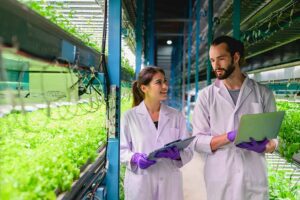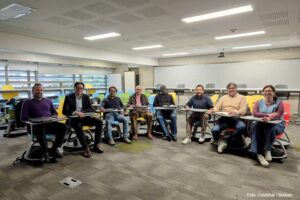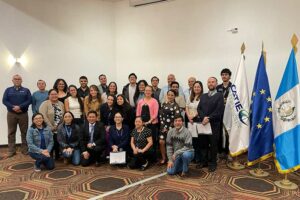Multidisciplinary team from Cuba is trained in Municipal Climate Governance
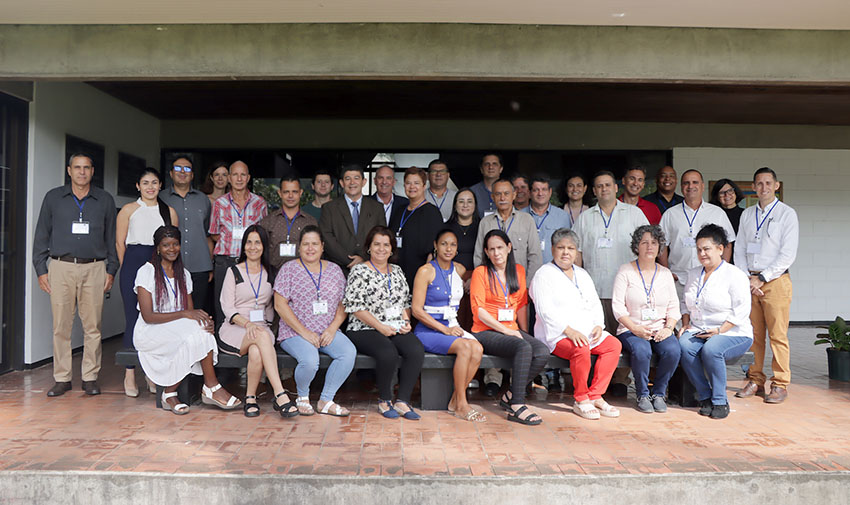
- The course is held at the CATIE campus as part of the CIENPINOS project.
- This activity seeks to incorporate climate change adaptation strategies in territorial management.
With the participation of 20 Cuban officials, the "Municipal Climate Governance" course began on Monday, May 20, as part of the activities of the CIENPINOS project in that Caribbean country.
The six-day course is held at the Orton Memorial Library on the CATIE campus in Turrialba, Costa Rica. Participants will gain knowledge about climate science and understand the analysis frameworks for defining climate change adaptation strategies. In addition, they will develop skills for the incorporation of these strategies in local territorial management and, through field visits, will learn about experiences in risk management, community tourism and municipal action plans.
The delegation includes the municipal mayors of Viñales, La Palma, Cumanayagua and Abreus; the territorial development directors of the governments of the provinces in which the CIENPINOS project is working (Cienfuegos and Pinar del Río); officials of the Ministry of Science, Technology and Environment (CITMA) who oversee environmental policies at the territorial and national levels; and project managers from the Universities of Cienfuegos and Pinar del Río -which provide technical support to the municipalities- and from the Indio Hatuey Experimental Station of Pastures and Forages of the University of Matanzas, which serves as the project's national counterpart.
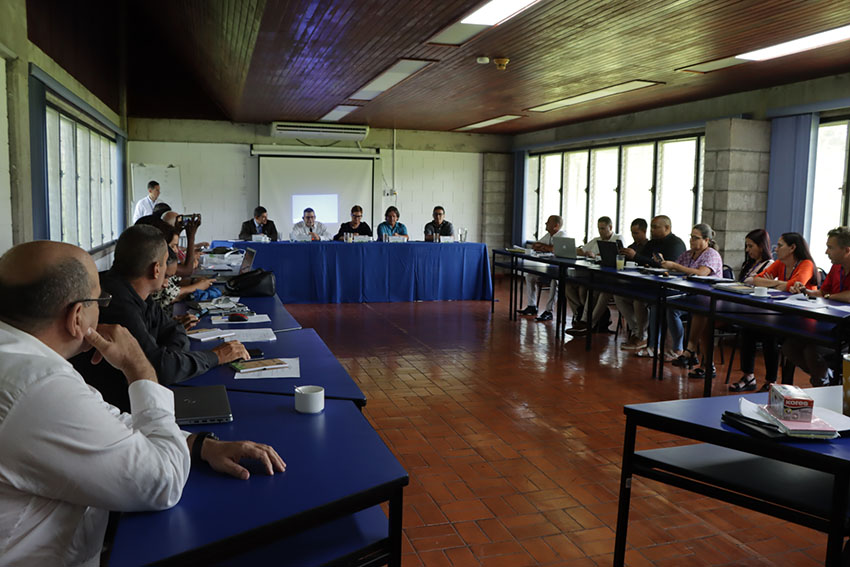
Pablo Imbach, coordinator of CATIE's Climate Action Unit, explained that the Municipal Climate Governance course "is another step in a process that began a few months ago with the characterization of the local context of rural areas, and now we are trying to advance in three important areas: how to integrate adaptation responses that meet current and future needs, how to harmonize climate risk reduction issues with adaptation needs, and how to integrate the information and knowledge generated from the local context in decision making".
"We are very excited about the opportunity to share with these people all the knowledge that CATIE has on this field, so necessary to help draw environmental policies more consistent with the reality of territorial development of the municipalities with which we are working," said Ismael Hernandez, international coordinator of the CIENPINOS project.
The inauguration of the course, on Monday, May 20, was also attended by Dr. Luis Pocasangre, General Director of CATIE; Dr. Eduardo Somarriba, scientific advisor to the project; Dr. Rolando Cerda, coordinator of the Coffee and Cocoa Agroforestry and Genetic Improvement Unit; Ms. Ulrika Åhmark, official of the Swedish International Development Cooperation Agency (SIDA) and Mr. Jorge Rodríguez Hernández, Cuban Ambassador to Costa Rica.
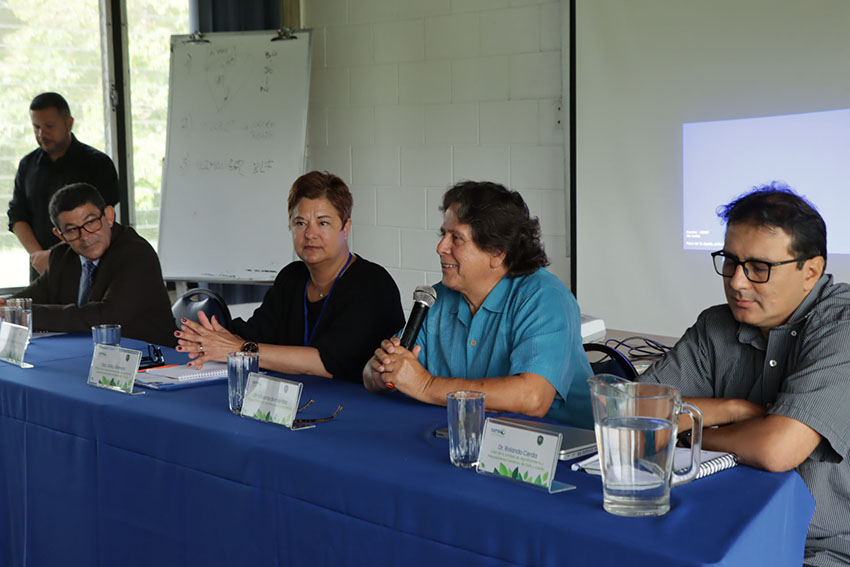
The CIENPINOS project is implemented by CATIE (Tropical Agricultural Research and Higher Education Center) and the Indio Hatuey Experimental Station, with funding from SIDA. It seeks to contribute to the creation of the necessary capacities for municipal climate management and the development of sustainable agroforestry systems that are low in emissions, resilient to climate change and that conserve biodiversity in the municipal governments of Cumanayagua, Abreus, Viñales and La Palma. It also involves goat producers in the southern circuit of Cumanayagua, as well as pastured pigs in the pine-oak forests of Viñales and La Palma.
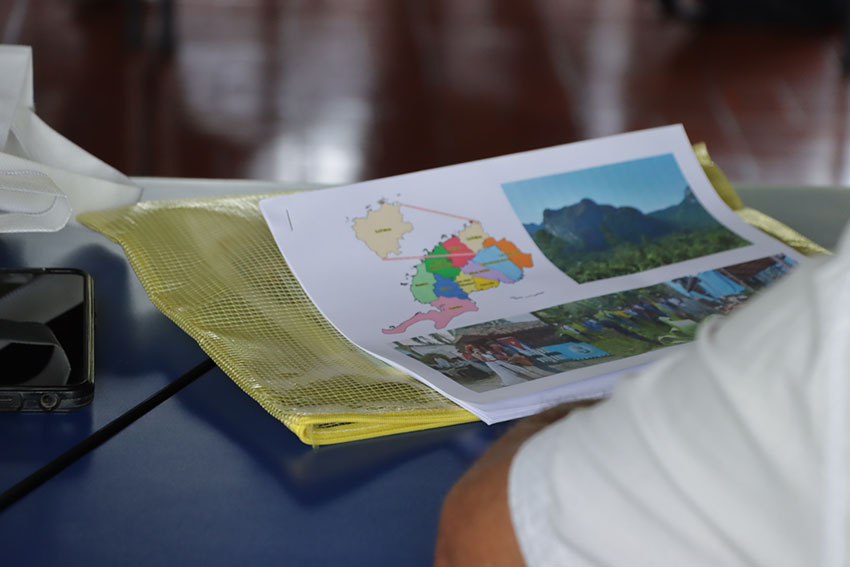
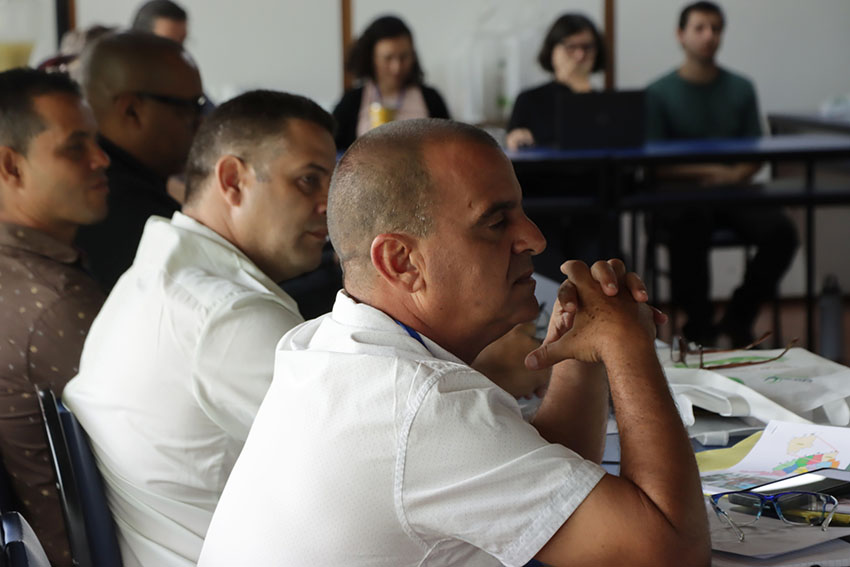
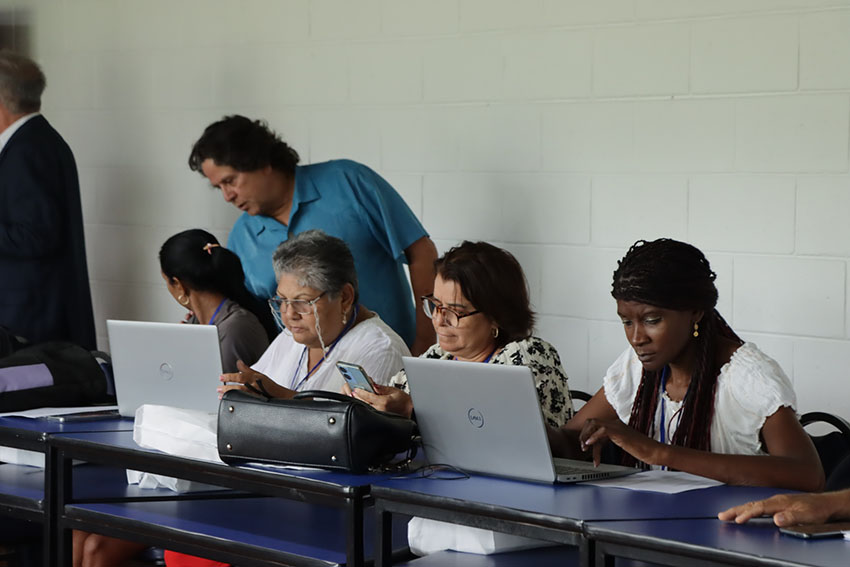
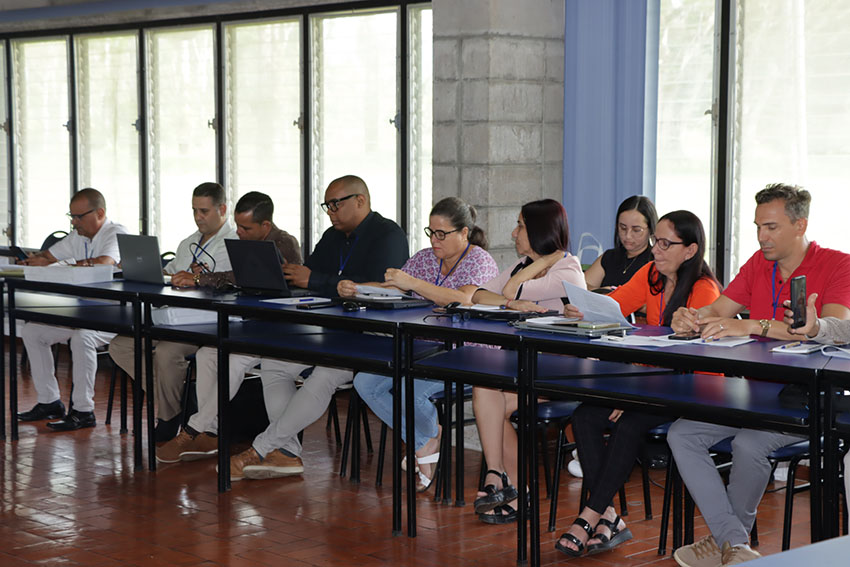
More information:
Dr. Ismael Hernández Venereo
International coordinator
CIENPINOS Project
Ismael.hernandez@catie.ac.cr
Dr.C. Tania Sánchez Santana
National coordinator
CIENPINOS Project
tania@ihatuey.cu
Written by:
Alejandro Portilla Navarro
Communicator
Communications and Marketing Office
CATIE
alejandro.portilla@catie.ac.cr

